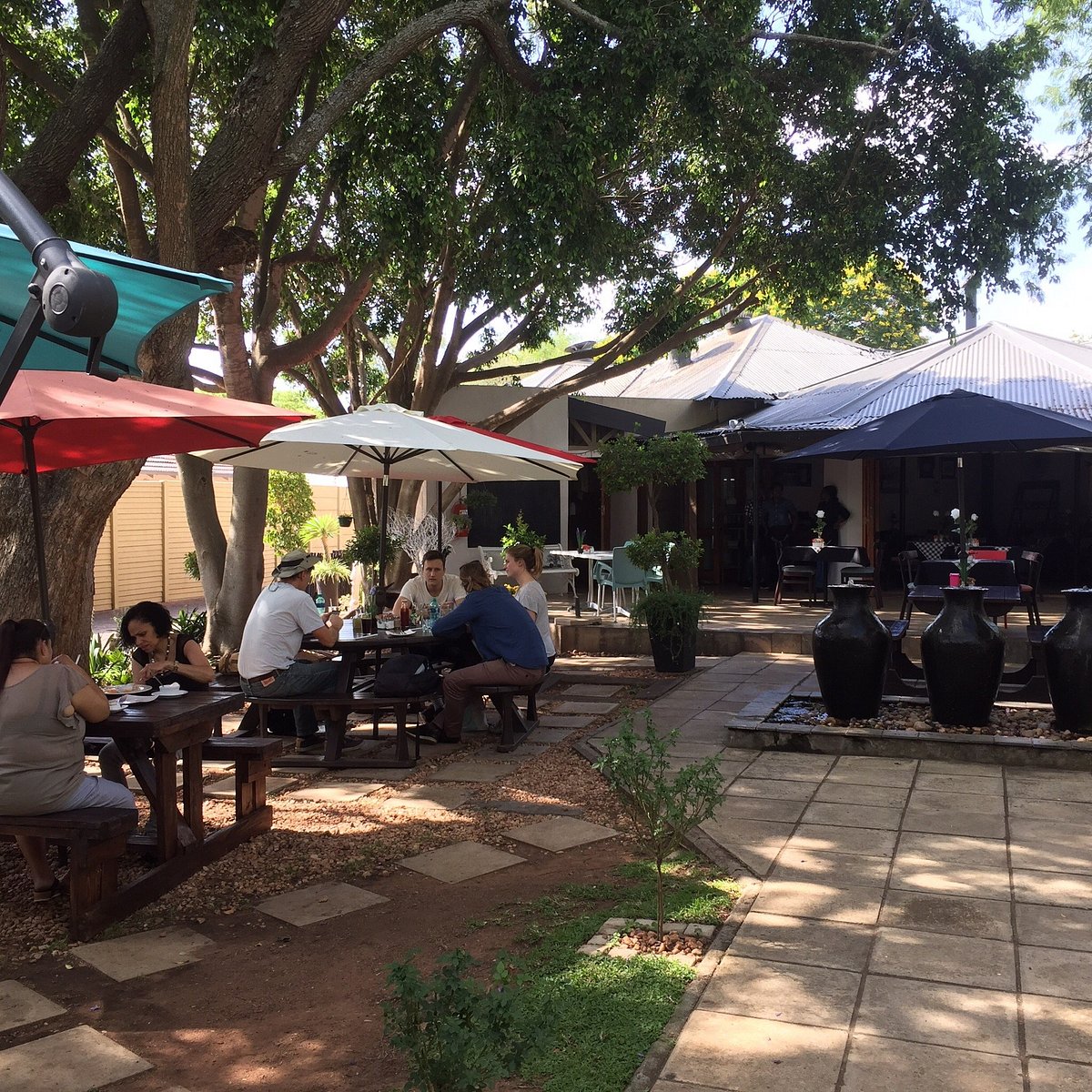Savor Genuine Asian Cuisine With a Pan-Asian Twist for a Cooking Adventure
Starting a culinary journey with authentic Asian cuisine, improved with a Pan-Asian spin, provides a special opportunity to discover the abundant tapestry of flavors that define the area's diverse culinary practices. This experience welcomes you to savor the beautiful balance of tastes-- sweet, salty, spicy, and sour-- balanced by aromatic herbs and flavors. Think of the ingenious blend of Thai curry and ramen or the unexpected joy of sushi burritos. As you ponder these enticing meals, consider the cultural stories and historical influences that form them, each bite providing a tale waiting to be found.

Checking Out Pan-Asian Flavors
In the realm of international gastronomy, Pan-Asian food stands apart for its impressive diversity and the unified interplay of flavors from numerous Asian cultures. This culinary method commemorates the distinct ingredients and abundant customs discovered throughout the continent, creating a tapestry of tastes that is both rewarding and intriguing. Key to Pan-Asian food is its capacity to stabilize contrasting flavors-- sweet, salty, spicy, and sour-- while highlighting the freshness and top quality of each ingredient.
From the umami-rich soy sauce of Japan to the intense chili peppers of Thailand, Pan-Asian food uses a comprehensive scheme of flavors. These aspects are commonly incorporated in inventive ways, enhancing dishes with layers of intricacy. For circumstances, making use of fragrant herbs such as lemongrass and cilantro, typical in Vietnamese and Thai cuisine, includes a revitalizing brightness to dishes, while the incorporation of coconut milk delivers a luscious, rich structure.
The emphasis on fresh produce and aromatic seasonings guarantees that each dish is not just a banquet for the palate yet also for the senses. Pan-Asian food invites diners to start a cooking trip, discovering the vast and varied landscapes of Asian gastronomy with every bite.
Blend Dishes to Attempt
While Pan-Asian cuisine is commemorated for its traditional flavors, the contemporary culinary landscape is progressively embracing fusion dishes that mix these classic aspects with impacts from various other regions. This ingenious strategy not only honors the rich heritage of Oriental cookeries but additionally presents unique preference experiences that attract contemporary palates.
An archetype of such a blend meal is the Korean-Mexican taco, where seasoned bulgogi beef is covered in a cozy tortilla, topped with kimchi and a hot gochujang-infused salsa. This mix marries the vibrant, full-flavored tastes of Korea with the lively, fresh elements of Mexican cuisine. In a similar way, sushi burritos have acquired popularity, integrating the fragile virtuosity of Japanese sushi with the hearty, hand-held benefit of a burrito, often including blend ingredients like tempura shrimp and avocado with a drizzle of wasabi mayo.
Another significant dish is Thai curry ramen, which infuses the velvety, fragrant flavors of Thai curry into the reassuring broth of standard Japanese ramen, developing an unified mix that tantalizes the senses. These fusion recipes prolong past plain uniqueness; they stand for a culinary dialogue in between societies, motivating expedition and technology worldwide of Pan-Asian food.
Necessary Ingredients and Flavors
To genuinely value Pan-Asian food, one must understand the essential active ingredients and seasonings that develop its foundation. This varied cooking design draws from a rich tapestry of Asian practices, utilizing a harmonious blend of textures and tastes.
Fragrant aspects are pivotal, with lemongrass, ginger, and garlic being find here common throughout different Pan-Asian dishes. These components offer an aromatic base that enhances the intricacy of flavors. Seasonings such as celebrity anise, cardamom, and cinnamon present warmth and character, echoing influences from areas like China and India.

Food Preparation Strategies and Tips
Mastering the art of Pan-Asian cuisine needs experience with its unique food preparation techniques, each adding to the dynamic tapestry of flavors this cooking custom is celebrated for. Central to these techniques is the stir-fry, a fast food preparation method that preserves the nutritional stability and vivid shades of ingredients. Using a wok, the stir-fry approach allows for even warmth circulation, important for achieving the particular appearance and flavor balance of Pan-Asian dishes.
An additional fundamental technique is steaming, particularly widespread in Chinese cuisine. This gentle approach maintains the all-natural tastes and nutrients of ingredients, making it excellent for seafood and vegetables. Dumplings, a precious staple, commonly take advantage of steaming, leading to soft, delicious appearances.
Grilling, likewise essential, presents smoky midsts to recipes such as Oriental bulgogi or Japanese yakitori (asian fusion restaurant). This method often includes seasoning components, permitting tastes to permeate deeply before food preparation over an open flame or hot plate
Finally, mastering the art of stabilizing flavors-- wonderful, sour, salted, bitter, and umami-- is important. Effectively layering these elements can raise a meal from common to extraordinary, providing a facility and satisfying cooking experience that symbolizes the essence of Pan-Asian cuisine.
Eating Experiences Worldwide
Around the world, Pan-Asian food uses an unmatched dining experience, commemorated for its rich tapestry of tastes and dynamic discussions. This Visit Your URL culinary sensation has actually transcended cultural limits, recording the hearts and palates of food fanatics worldwide. In cosmopolitan cities fresh York, London, and Sydney, Pan-Asian restaurants act as fusions where culinary practices from Thailand, Japan, China, and beyond assemble, providing diners with an eclectic mix of meals that highlight the area's variety.
The international allure of Pan-Asian cuisine hinges on its capability to use both credibility and development. Chefs masterfully wed typical ingredients such as lemongrass, soy sauce, and miso with modern strategies, resulting in dishes that are both refreshingly new and familiar. This fusion enables diners to start a cooking trip that appreciates heritage while accepting modernity.
Additionally, eating experiences are elevated with thoughtfully created atmospheres that reflect the ethos of Pan-Asian looks. From minimal Japanese-inspired interiors to dynamic Thai-themed rooms, each restaurant provides a special ambiance that matches the cooking offerings. As a result, patrons are not merely eating a dish yet partaking in a social experience, making Pan-Asian dining a really international phenomenon.
Verdict
The expedition of Pan-Asian cuisine supplies an extensive understanding of the detailed interaction of flavors and cooking customs across Asia. By embracing combination dishes such as Thai curry ramen and sushi burritos, the cooking journey not just highlights the versatility of traditional ingredients yet additionally showcases ingenious modern strategies. This gastronomic experience, improved by necessary seasonings and cooking techniques, offers an unique possibility to appreciate the social diversity and cooking artistry that specify Pan-Asian cuisine on an international range.
Beginning on a cooking journey with authentic Oriental food, boosted with a Pan-Asian spin, supplies a special chance to discover the rich tapestry of flavors that specify the region's diverse cooking traditions.In the world of global gastronomy, Pan-Asian food stands out for its remarkable diversity and the unified interaction of flavors from various Eastern societies. Secret to Pan-Asian cuisine is its capability to this link stabilize different flavors-- pleasant, salted, spicy, and sour-- while highlighting the freshness and high quality of each component.

Comments on “Chinese Food Islamabad: Appreciate Authentic Chinese Food at its Best”